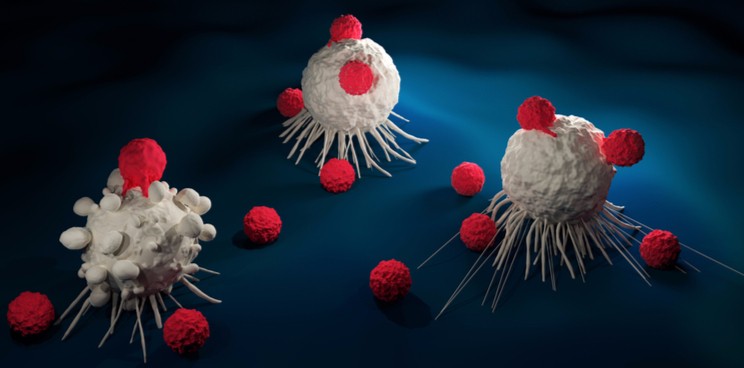Newsletter Signup - Under Article / In Page
"*" indicates required fields
The UK biotech Adaptimmune Therapeutics has inked a deal worth up to €806M with Japanese Astellas Pharma to complete phase I trials of candidate off-the-shelf T-cell therapies for cancer including CAR T-cell and TCR therapies.
According to the deal, Adaptimmune will collaborate with Universal Cells, a subsidiary of Astellas. The partners will aim to identify up to three target molecules expressed by cancer cells and co-develop donor T-cell therapies that could tackle solid tumors expressing these molecules. The candidate T-cell therapies will consist of T-cells expressing engineered cancer-hunting proteins such as T-cell receptors (TCRs) or chimeric antigen receptors (CARs).
Astellas will fund the development of each candidate therapy up to the end of a phase I trial. Following this, for each candidate they produce, the partners have the option of co-developing the treatment or developing it alone and making milestone payments to the other partner.
In addition to €6.7M research funding per year, Adaptimmune will receive €45M upfront from the Japanese pharma and, if Astellas develops the products alone, up to €231M in developmental and sales milestone payments per candidate.
CAR T-cell immunotherapies made a big splash in the cancer field when the first therapies, Kymriah and Yescarta, were approved by the FDA in 2017 for the treatment of rare forms of blood cancer. However, these therapies can be costly because they depend on transporting and engineering the patient’s immune cells, and are also unable to tackle solid tumors at present.
Adaptimmune and Astellas’ deal could produce therapies overcoming the limitations of current T-cell therapies. Instead of modifying patients’ cells, the partners aim to use cheaper donor cells. Though the partners haven’t disclosed which types of cancer they are targeting, solid tumors are on the list. Adaptimmune’s CAR T-cell and TCR technology could also kill cancer cells resistant to current immunotherapies.
The logistical and economic advantages of donor CAR T-cell immunotherapies have attracted several companies in Europe. For example, the Belgian company Celyad is developing off-the-shelf CAR T-cell immunotherapies and released the first clinical results for such a treatment in solid tumors late last year. Cellectis is also developing its own version of donor CAR T-cell therapies, which are currently at the preclinical stage.
Images from Shutterstock
Oncology R&D trends and breakthrough innovations







